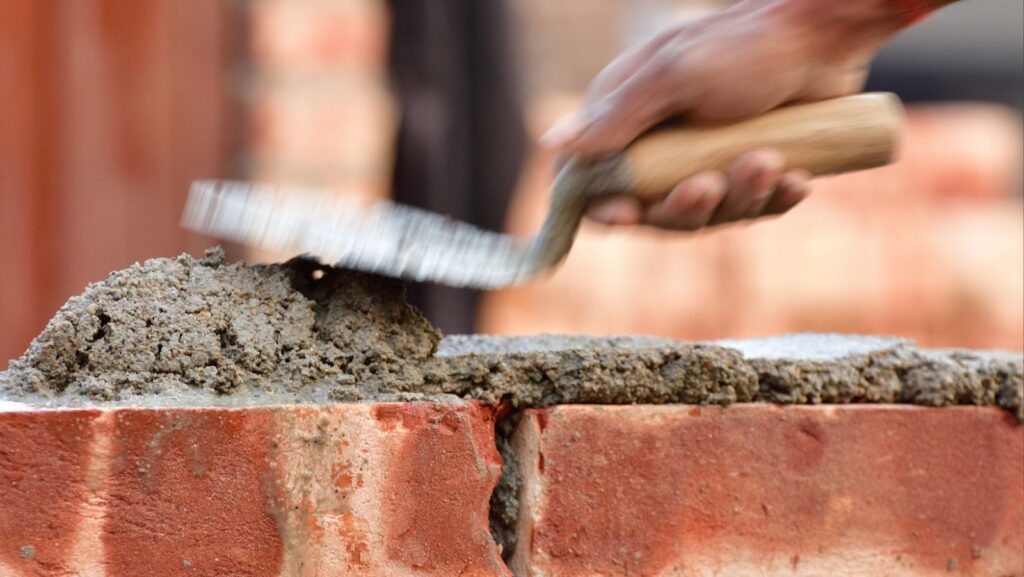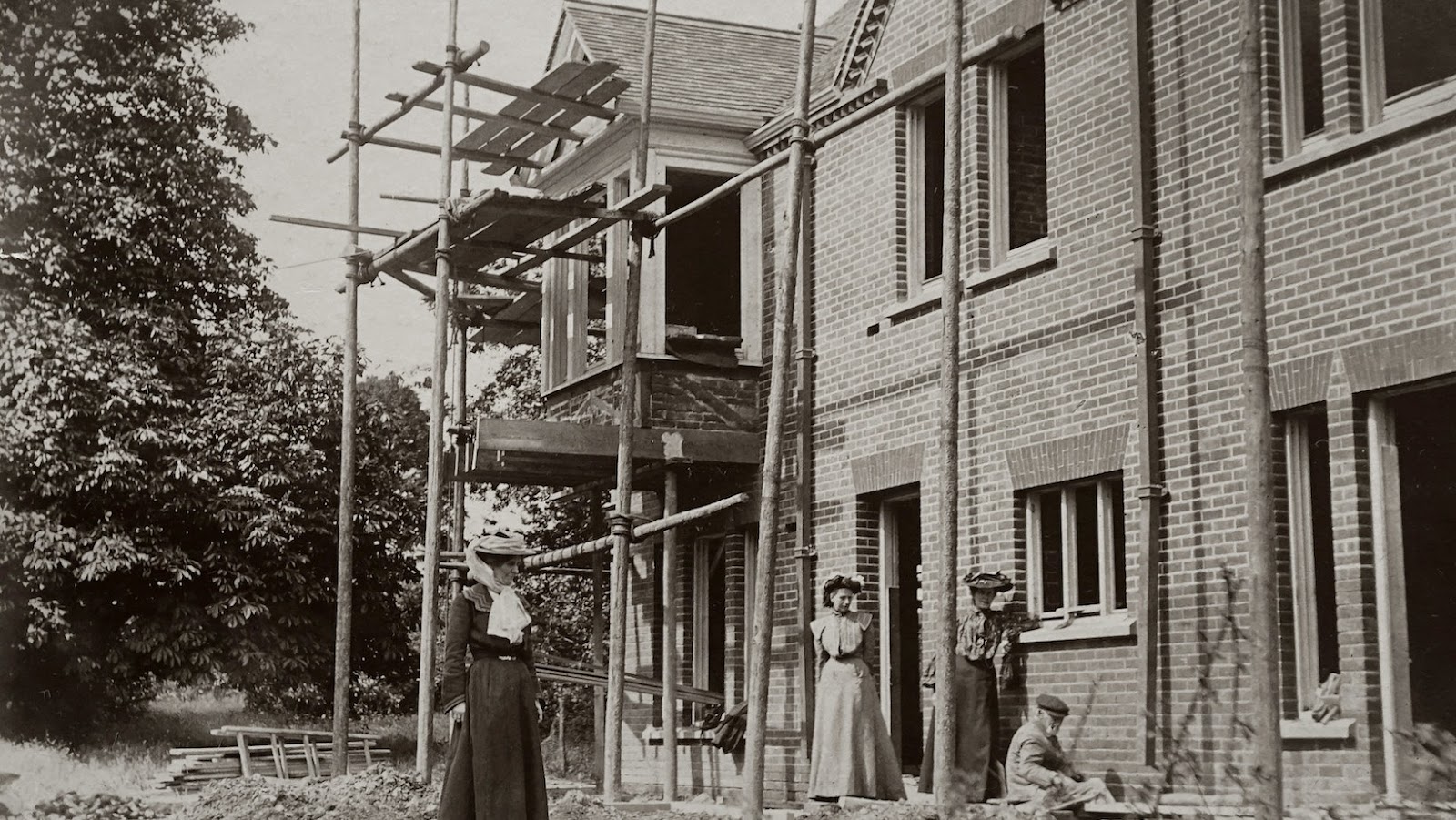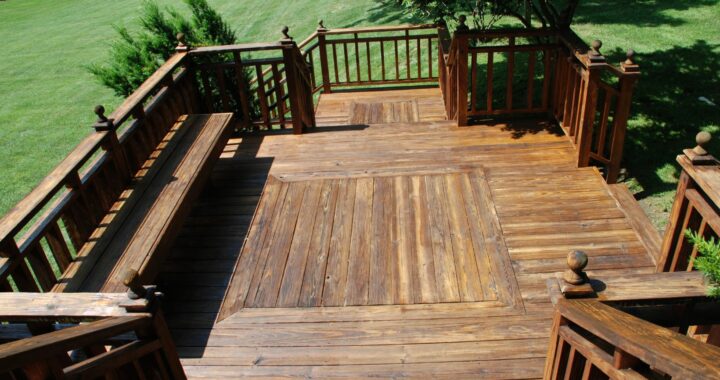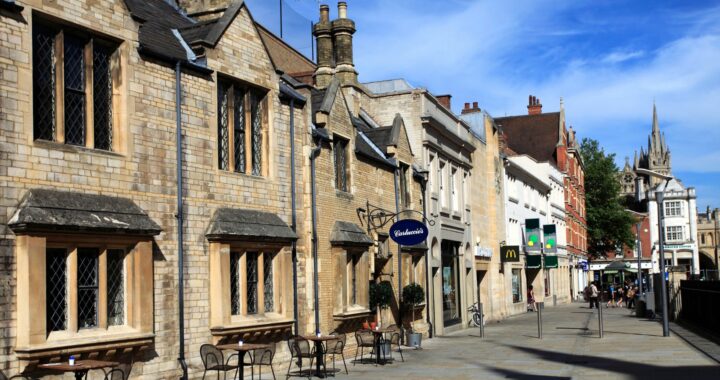Factors to Consider When Choosing a Brick For Construction

Are you confused about which brick to use for your construction project? If you are, then this article is for you! It will provide a comprehensive overview of the different types of bricks available and help you pick the best one for your needs. So put aside the confusion and let’s get started! When it comes to choosing the right type of brick for a construction project, it’s important to consider factors such as durability, strength, cost, and aesthetic appeal. The most commonly used types of bricks for construction are clay bricks and concrete bricks.
Clay bricks are made from natural clay and are known for their durability, strength, and classic red color. They are also more expensive than concrete bricks. Concrete bricks, on the other hand, are made from cement, water, and aggregates, and are known for their affordability, strength, and versatility in terms of color and design. Ultimately, the choice between clay and concrete bricks depends on your specific needs and requirements.
Types of Bricks
There are various types of bricks available for construction, and choosing the right one depends on the specific needs of your project.
- Solid Bricks: These are the traditional bricks used for construction and are made by burning clay at high temperatures. Solid bricks are highly durable and provide excellent insulation against heat and sound.
- Hollow Bricks: These bricks are made with a cavity inside, reducing their weight and enhance insulation. Hollow bricks are perfect when it comes to ease of handling and saving cement.
- Fly Ash Bricks: These bricks are manufactured using fly ash, a waste material generated from thermal power plants. They are lighter than traditional solid bricks and come in larger sizes.
- Interlocking Bricks: These bricks do not require mortar for joining and interlock with each other. They are designed to create a strong and stable wall. This type of brick simplifies the construction of walls and saves time and mortar costs.
- Porotherm Bricks: This is a newer type of brick, constructed by clay and are perforated blocks with vertical holes. These bricks are light-weighted, eco-friendly, and provide excellent thermal insulation to buildings, reducing energy bills.

Consider the cost, building regulations, project requirements, and your construction preferences before selecting a brick type for your project.
Characteristics of Good Bricks
When it comes to choosing the right bricks for construction, there are certain characteristics that indicate good quality and durability. Here are some characteristics of good bricks:
1. Composition: Good bricks are made of high-quality raw materials, such as clay or other natural materials, without any impurities or chemical additives.
2. Color: Good bricks have a uniform color and texture that indicates uniformity in composition.
3. Hardness: Good bricks are hard and resist damage and erosion over time.
4. Size and shape: Good bricks are uniform in size and shape, making them easy to stack and form sturdy walls.
5. Soundness: Good bricks produce a clear, metallic sound when struck together, indicating their strength and durability.
By looking for these characteristics when choosing bricks for construction, you can ensure that your building will be strong, durable, and long-lasting.
Benefits of Using Bricks in Construction
Bricks are a popular building material and offer numerous benefits when used in construction. However, it’s crucial to choose the right type of bricks for your project to ensure the desired results. Here are the benefits of using bricks in construction:
- Durability – Bricks are naturally strong and have great durability against wear and tear, making them ideal for building structures that withstand harsh weather and natural disasters.
- Thermal Efficiency – Bricks have high thermal mass, allowing them to absorb, store and radiate heat, maintaining a consistent temperature indoors.
- Fire Resistance – Bricks are resistant to fire, making them a safer alternative to other building materials.
- Environmental Benefits – Bricks are eco-friendly as they are made from natural materials and require less energy to produce than other construction materials.
Choosing the right type of bricks for your construction project depends on factors such as design and location. Clay bricks are the most common and suitable for most construction projects because of their strength and durability. However, concrete bricks are an affordable choice for non-load bearing structures.
Factors to Consider When Choosing Bricks
Choosing the right type of brick is crucial for any construction project, and there are several factors to consider in making an informed decision. Here are some of the factors you should keep in mind:
1. Durability: Look for bricks that are strong and sturdy enough to withstand the elements and the wear and tear of everyday use. Opt for materials like clay bricks, as they offer superior strength and durability.
2. Cost: Consider your budget when choosing bricks. Bricks made from high-quality materials like clay or concrete tend to be more expensive, while bricks made from lower-quality materials like cinder blocks are more affordable.
3. Aesthetic Appeal: The appearance of the brick is also essential, especially if you’re looking to match existing brickwork. Bricks come in various colors, textures, and sizes, so choose a style that complements the existing design.
4. Climate: The climate of the area where you live should also affect your choice of brick. Bricks made from materials that can withstand harsh weather conditions like frost and heat are ideal for areas that experience extreme temperatures.
By considering the above factors, you’ll be able to determine which brick is best for your construction project.
Which Brick is Good for Construction
When it comes to choosing the right brick for construction, several types of bricks are available in the market, each with its unique set of advantages and disadvantages. Let’s explore the most common types of bricks used in construction:
- Clay Bricks: These are the most common bricks used for construction. They are durable, fire-resistant and provide excellent thermal insulation. They come in different colors and textures and can withstand harsh weather conditions.
- Concrete Bricks: Concrete bricks are made of cement, sand, and aggregates. They offer high compressive strength, durability, and low water absorption. However, they are less fire-resistant than clay bricks.
- Fly Ash Bricks: These bricks are made of fly ash, cement, and sand. They are eco-friendly, lightweight, and offer high thermal insulation. However, they are not suitable for areas with heavy rainfall.
- Porotherm Bricks: Porotherm bricks are clay bricks with internal walls made of small clay pipes. They offer excellent thermal insulation, brickwork accuracy, and easy installation. However, they are more expensive than traditional clay bricks.

Based on your needs and budget, choose the brick type that suits your construction requirements.
Installation and Maintenance of Bricks
Choosing the right type of brick is crucial for any construction project to ensure its longevity, durability, and overall aesthetic appeal. Here are the most popular types of bricks used in construction:
- Wire cut bricks: These bricks have a smooth surface and uniform shape, making them ideal for load-bearing walls. Wire cut bricks require low maintenance and are resistant to weathering and erosion.
- Pressed bricks: These bricks are made by pressing wet clay into molds under high pressure, resulting in a dense and sturdy brick. Pressed bricks are ideal for walls and are resistant to moisture and fire.
- Extruded bricks: Extruded bricks have a unique rough texture and are ideal for decorative purposes, such as for garden walls or fences. These bricks require regular sealing to prevent water damage.
- Air-dried bricks: These bricks are made of unfired clay and are low-cost, lightweight, and energy-efficient. However, they are more prone to damage and less durable than fired bricks.
- Handmade bricks: These bricks are made by hand using traditional methods and are ideal for heritage buildings and restoration projects. Handmade bricks require high maintenance and are vulnerable to weathering and erosion.
Proper installation and regular maintenance of any type of brick are essential to ensure its longevity and structural integrity. Pro Tip: Consult a professional contractor or brick supplier for expert guidance on choosing and maintaining the right type of brick for your construction project.
In conclusion, choosing the right type of brick is important for any construction project. The most commonly used bricks are clay bricks, concrete bricks, and fly ash bricks. Each type of brick has its own unique characteristics and benefits. Clay bricks are the most durable and have been used for centuries due to their strength and heat resistance. Concrete bricks are less expensive and offer good insulation properties. Fly ash bricks are eco-friendly and made from a waste material, making them a sustainable option.
When selecting the type of brick for your construction project, consider factors such as the intended use, climate, and budget. Conducting research, consulting with experts, and selecting quality materials can ensure the success and longevity of your build. Pro tip: Invest in high-quality bricks and materials for your construction project to prevent costly repairs and maintenance in the future.

 The Hidden Costs of Timber Decking: What You Need to Know
The Hidden Costs of Timber Decking: What You Need to Know  How To Make Listed Buildings In The UK Energy-Efficient
How To Make Listed Buildings In The UK Energy-Efficient  Contractor Financing Made Simple: Key Terms and Options Explained
Contractor Financing Made Simple: Key Terms and Options Explained